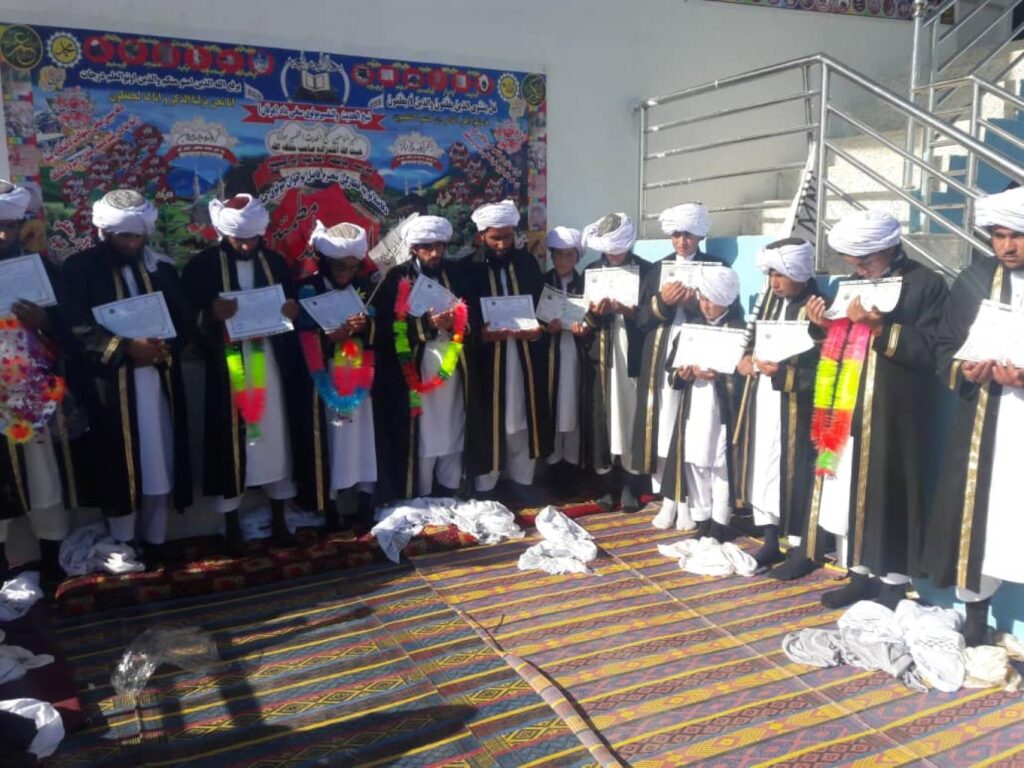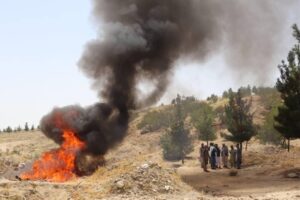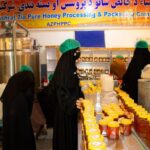Officials from the Ministry of Education of the caretaker government state that the current government’s priority for enhancing the quality of education in Afghanistan is religious schools.
Mawlawi Karamatullah Akhundzada, the Deputy Minister for Islamic Education at the Ministry of Education, mentioned at a workshop aimed at improving the educational capacity and professional skills of teachers in religious schools that the government’s main focus is on strengthening religious schools and enhancing the quality of education within them.
Akhundzada added, “Thank God, we have thousands of religious schools in Afghanistan.”
He emphasized that the first condition for improving the quality of education in religious schools is to recruit the best teachers.
Media reports indicate that similar workshops have been launched in all 34 provinces of Afghanistan to strengthen religious schools and provide more support to the teachers and students of these institutions.
The Ministry of Education is focusing on strengthening religious schools at a time when education for girls above sixth grade is banned in Afghanistan, and women and girls are also deprived of higher education and employment opportunities.
According to statistics from the Ministry of Education, there are currently 21,257 religious and jihadist schools and 18,337 public schools operating in Afghanistan.
With the takeover of the caretaker government in Afghanistan, jihadist schools have been established across the country by order of Mullah Hibatullah Akhundzada, the leader of the current government.
Additionally, increasing restrictions on women, including their exclusion from education and employment, have led world governments to not recognize the current regime. United Nations officials have repeatedly used the term “gender apartheid” to describe the situation of women in Afghanistan, and the Security Council, Human Rights Council, and General Assembly of the United Nations have held multiple meetings urging the leaders of the current government to revoke decrees against women. However, none of these restrictive decrees have been lifted in the past three years.
It should be noted that just a week ago, Khalid Hanafi, the Minister of Promotion of Virtue and Prevention of Vice, stated in a speech to a gathering in eastern Afghanistan that according to Islamic laws, women are not allowed to say “Subhanallah” (Glory be to God) and “Alhamdulillah” (Praise be to God) aloud even while performing prayers.













